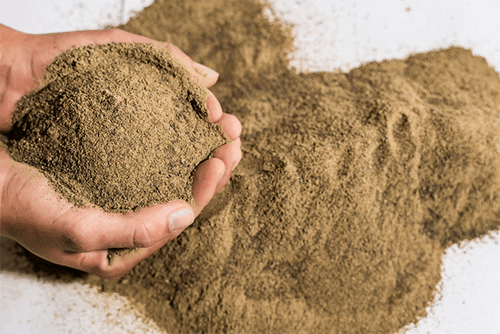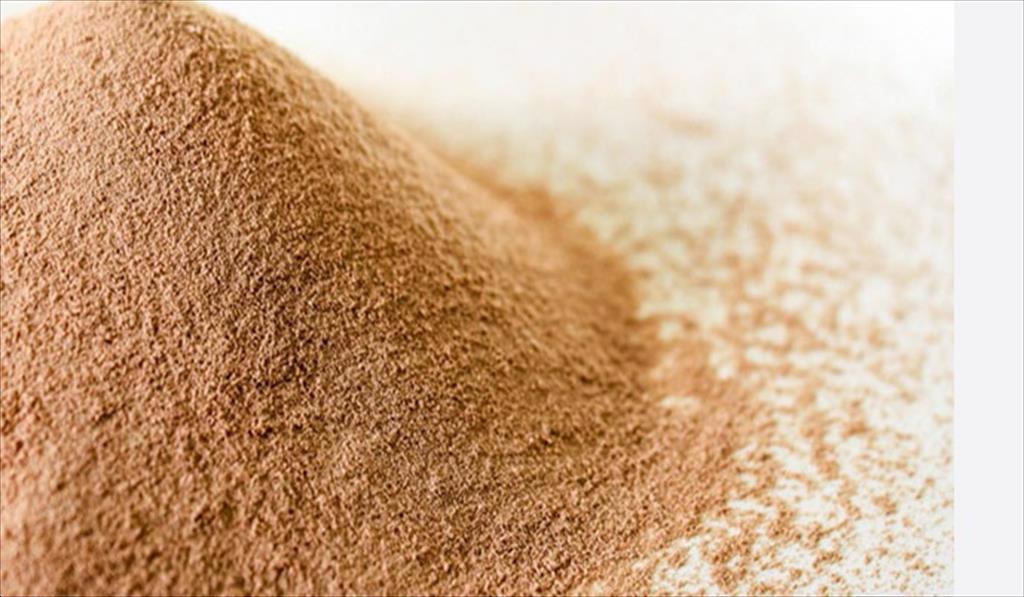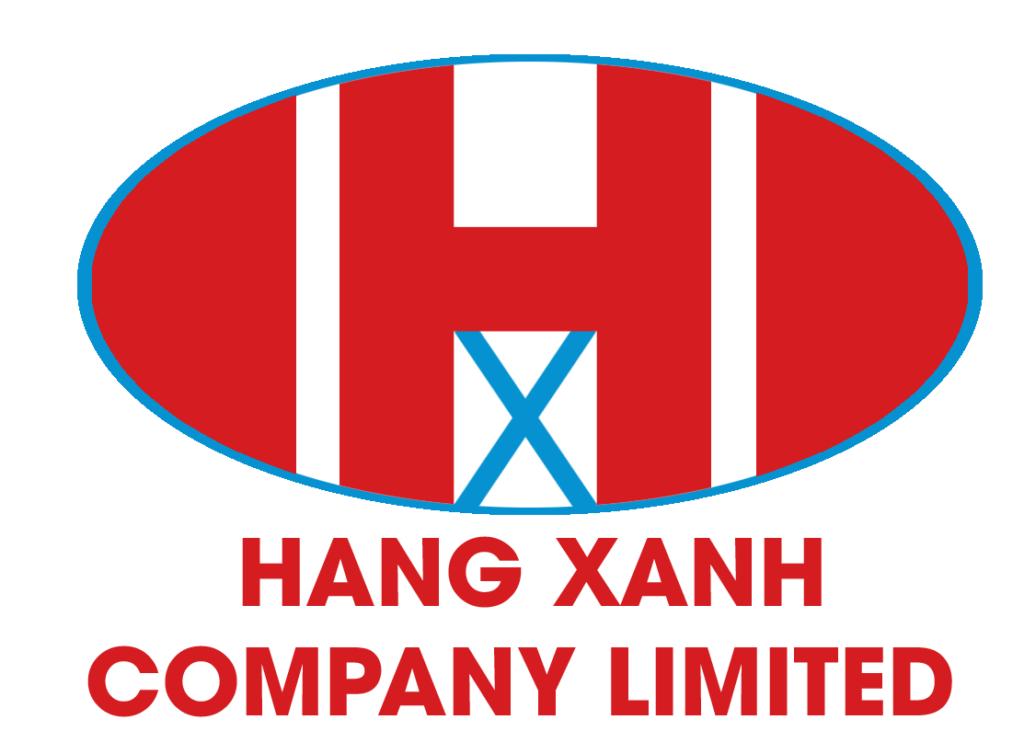In the world of animal nutrition, the quest for high-quality protein sources is paramount. Among the plethora of options available, fish meal stands out as one of the most effective and widely used raw materials for animal feed. Derived from the processing of fish, fish meal offers a rich concentration of essential nutrients that contribute to the growth, health, and productivity of various animal species. In this comprehensive exploration, we delve into the production process, nutritional composition, benefits, and sustainability aspects of fish meal, shedding light on its significance in modern animal husbandry.
 What is fish meal?
What is fish meal?
Fish meal is a valuable protein-rich ingredient used in animal feed formulations. It is produced through the processing of whole fish or fish by-products, such as trimmings, heads, and viscera. The production process typically involves cooking the raw fish to remove moisture and unwanted elements, followed by pressing to extract oil content. The resulting
fish meal is then dried to achieve the desired moisture level, ensuring stability and preservation of nutrients.
Fish meal is renowned for its high protein content, typically ranging from 60% to 72%, making it an excellent source of amino acids essential for animal growth and development. In addition to protein, fish meal contains significant levels of omega-3 fatty acids, vitamins (such as vitamin A, D, and B-complex), and minerals (including calcium, phosphorus, and selenium), all of which contribute to the nutritional value of the feed.
Due to its nutritional profile and digestibility,
fish meal is commonly used in the diets of various animal species, including poultry, swine, cattle, aquaculture species, and companion animals. It provides essential nutrients necessary for optimal growth, health, and productivity in animals.
Overall, fish meal is a valuable ingredient in animal nutrition, contributing to the formulation of balanced and nutritious feeds that support the well-being and performance of livestock, poultry, and aquatic species.
Understanding Fish Meal Production
Fish meal is typically produced through the rendering and drying of whole fish or fish by-products, such as trimmings, heads, and viscera. The process involves cooking the raw materials to remove moisture and undesirable elements, followed by pressing to extract the oil content. The resulting
fish meal is then dried to achieve the desired moisture level, ensuring long-term stability and preservation of nutrients. This meticulous production process yields a high-protein, nutrient-dense product that serves as a valuable ingredient in animal feed formulations.
Nutritional Composition of Fish Meal
One of the primary reasons for the widespread use of
fish meal in animal feed is its exceptional nutritional profile.
Fish meal is renowned for its high protein content, typically ranging from 60% to 72%, making it an ideal source of amino acids essential for animal growth and muscle development. Moreover,
fish meal is rich in omega-3 fatty acids, vitamins (such as vitamin A, D, and B-complex), and minerals (including calcium, phosphorus, and selenium), which play pivotal roles in supporting various physiological functions and metabolic processes in animals.
Benefits of Incorporating Fish Meal in Animal Feed
The inclusion of
fish meal in animal feed offers a multitude of benefits across different species and production systems:
Fish Meal High Protein Digestibility
The superior protein digestibility of fish meal ensures efficient utilization by animals, leading to enhanced growth performance and feed conversion efficiency.
Optimized Nutrient Absorption
The balanced amino acid profile of fish meal promotes optimal nutrient absorption and utilization, contributing to overall health and vitality in animals.
Improved Feed Palatability
The natural flavor and aroma of fish meal can enhance the palatability of animal feed, encouraging consumption and minimizing feed wastage.
Enhanced Immune Function
The presence of essential nutrients, such as vitamins and minerals, in fish meal supports immune function and helps animals resist diseases and infections.
Consistent Product Quality
Fish meal’s standardized composition and quality make it a reliable and consistent ingredient for formulating nutritionally balanced feeds, ensuring uniformity in animal performance and production outcomes.
Sustainability Considerations
While
fish meal offers undeniable nutritional benefits, its production raises concerns regarding environmental sustainability and resource management. Overfishing, habitat degradation, and by-catch issues associated with commercial fishing practices can impact fish stocks and marine ecosystems. Therefore, sustainable sourcing practices, such as responsible fisheries management, selective fishing techniques, and utilization of by-products, are essential to mitigate the environmental footprint of
fish meal production. Additionally, ongoing research and innovation in alternative protein sources, such as plant-based proteins and insect meal, aim to diversify feed ingredient options and reduce reliance on fish meal in animal nutrition.
Conclusion
In conclusion,
fish meal remains a cornerstone in the formulation of high-quality animal feeds due to its unparalleled nutritional value and functional benefits. As a concentrated source of protein, amino acids, fatty acids, vitamins, and minerals, fish meal plays a crucial role in promoting animal growth, health, and productivity across diverse species and production systems. However, the sustainability of fish meal production warrants careful attention and concerted efforts to ensure responsible sourcing practices and minimize environmental impacts. By harnessing the nutritional potential of
fish meal while embracing sustainable practices, the animal feed industry can continue to meet the evolving nutritional needs of livestock, poultry, aquaculture, and companion animals while safeguarding the health of our planet’s marine ecosystems.
If you are interested, contact us now to place an order or get more detailed information
– Email: info@hxcorp.com.vn
– Whatsapp: +84342288943
– Alibaba: HANG XANH COMPANY LIMITED
Thank you!
Related articles
Water hyacinth – From waste to unique and diverse products
Instructions for choosing chewing sticks suitable for the size and age of your dog.
 What is fish meal?
What is fish meal?




